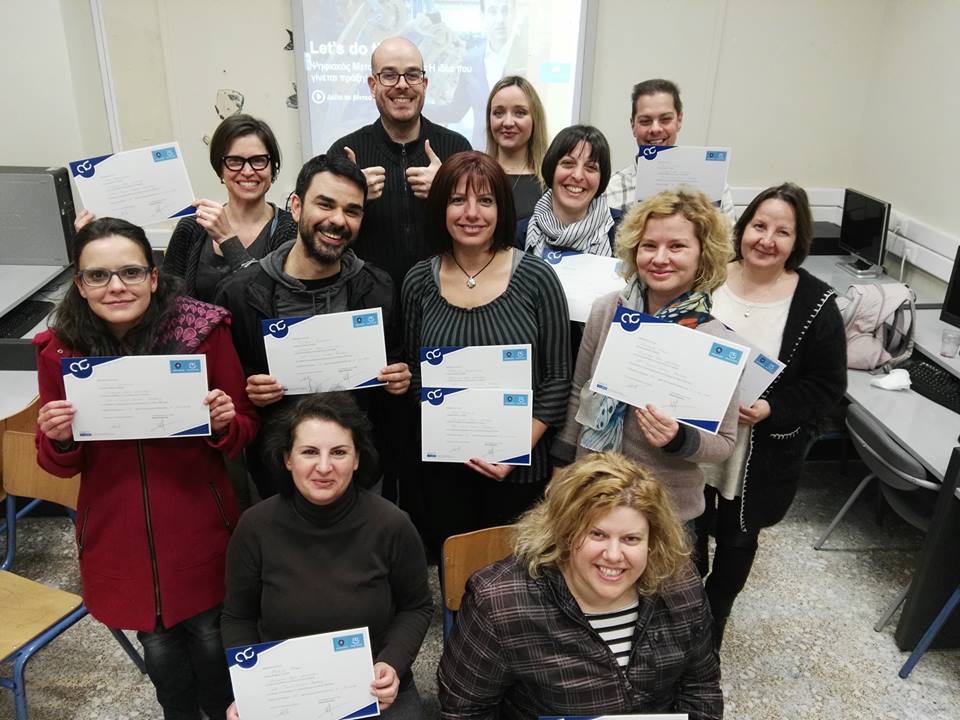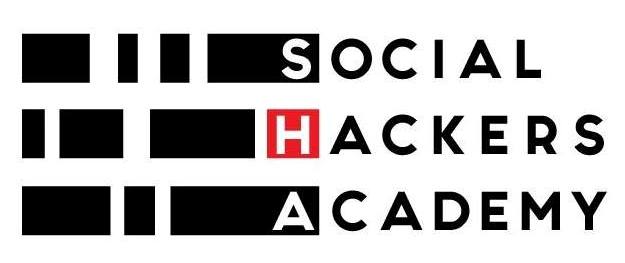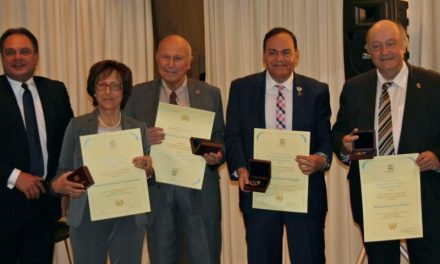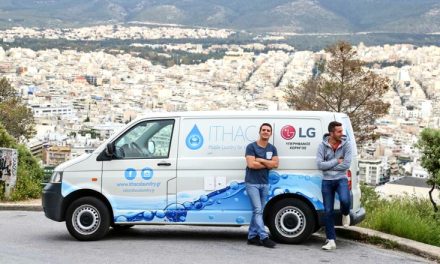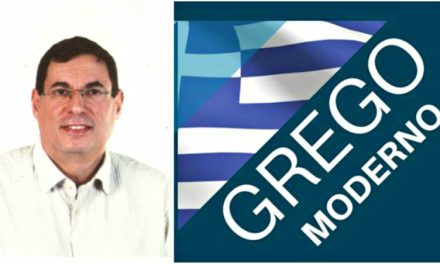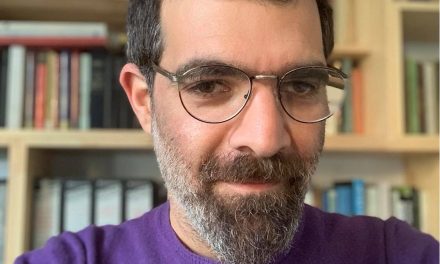Social Hackers Academy is a non-profit organization based in Athens, whose mission is to provide refugees and other socially vulnerable groups with comprehensive software engineering skills and to assist them with finding work. Sister publication GrèceHebdo met with the Social Hackers Academy founders to learn more about this different kind of school that has just completed its first “academic year”.
Tell us a bit about Social Hackers Academy. What was the idea behind its foundation? How easy was its implementation?
Million of refugees arrive everyday in Greece and unfortunately our country’s infrastructure cannot fully support their integration inτο our reality. Thus, several NGOs are focusing their operations on covering their basic needs, but other needs such as education, or guiding them through job research process are not adequately coverd.
And this is the gap that Social Hackers Academy wants to fill: to educate, help integrate and find employment for people from vulnerable groups, including refugees, long-term unemployed citizens and people with disabilities. Our co-founders, Damianos Vavanos and Chris Owen are passionate about social impact and software programming, so they decided to combine those two and create the first coding school for refugees in Greece.
The implementation of our idea was not that difficult, since there is a growing need for good programmers in the job market worldwide. Our expertise and solid knowledge in the software development field helped us build partnerships with tech companies in order to achieve our mission and expand our operations.
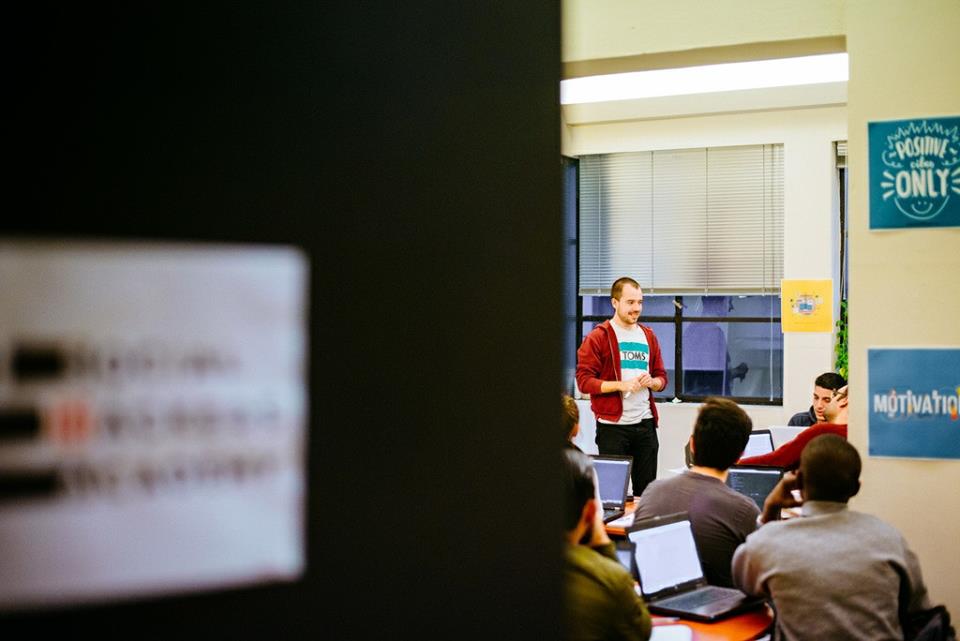
Why a school for refugees & other social vulnerable groups?
Our main target audience is refugees, as Greece currently hosts approximately 50,000 refugees, 70% of whom will remain here. We were feeling so frustrated with the deadlock they are facing, so we thought of creating a school that would help them in a more sustainable way, by educating and helping them unlock their true potential, so that they can rebuild their lives.
We also do not like the fact that there are 100,000 Greek STEM graduates who can not find a job, and we believe that this is due to our educational system’s insufficiency in adequately preparing students for the job market. We want to fill this gap by offering training forskills that companies today need. Through technology and programming, we can create a hub in Greece where big companies can open branches that will operate for as long as developers need it. This trend is recorded in many surveys and it is estimated that by 2020 the world market will need 20 million developers.
How easy is it for vulnerable groups and refugees to learn about education programs in Social Hackers Academy?
Well it is not that easy. It’s hard to take a person who is still suffering from trauma and “convince” them that a different life is possible. They also hear that the economic situation here is not the best and so everybody just wants to leave the country.
One of our initial mistakes was that we were pitching our beneficiaries by saying that we’ll train you in software engineering for 6.5 months and then we’ll get you a job. That was a disaster as we got people who were in need of work at that very moment and didn’t have the time to wait for 6.5 months. To support our students we provide a integrated program by offering Life Coaching, LinkedIn Coaching and Soft Skills courses and trying to cater to each person’s unique needs.
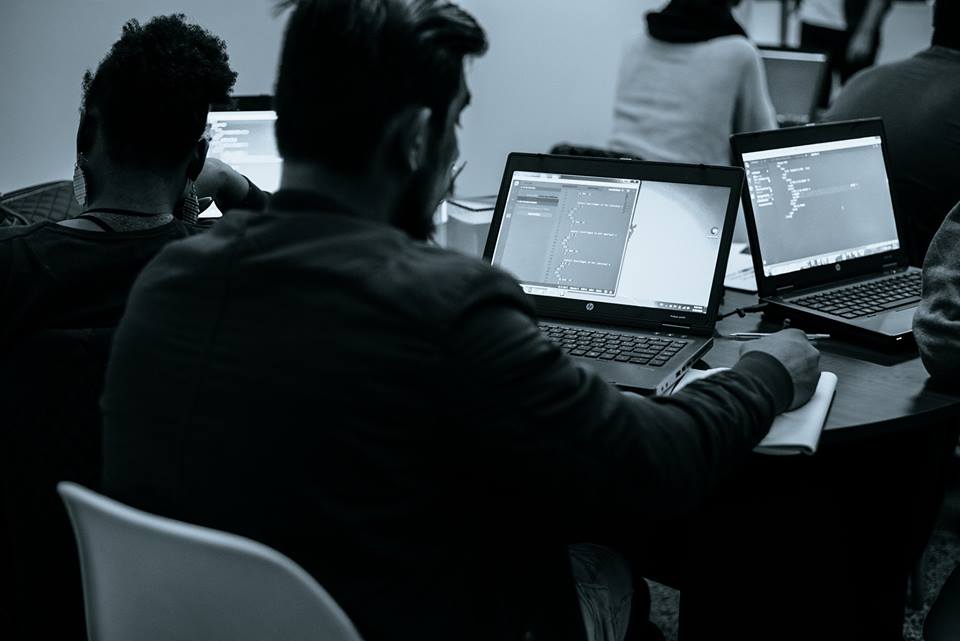
How does Social Hackers Academy operate on a daily basis? Which are the impressions and outcomes of the first round of web-development sessions?
Following the successful example of similar educational projects abroad (Hack Your Future – The Netherlands, Gaza Sky Geeks – Palestine), we deliver a comprehensive education programme in software engineering, including courses as Full Stack Web Development, WordPress (front end web development) and Computer Literacy (basic skills). Our key differentiating point is our employment-focused approach and comprehensive support for each student’s unique needs. Our holistic services include: LinkedIn, business, and job interview coaching; soft skills seminars; study groups/tutoring; access to ethical micro-loans from Pythea’s Path.
Courses are provided free of charge at BIOS Romantso Incubator in Athens and range in length from 2 weeks to 6.5 months. We provide students with laptops for the duration of the course so that they them to study and complete assignments. The lessons are taught by volunteer professional developers, not teachers, so that they can better acclimate the students to the “real world”. Courses start every 2-3 months and we expect to start 5 cycles next year. The duration of the courses is five and a half months and another one month for the final project.
The first course has begun in September 2017, with students from Syria, Iraq, Afghanistan and Pakistan. It was our pilot and we expected to make many mistakes and face major challenges. This effort was greatly helped by our partners in the Netherlands, Hack Your Future, as well as a network of similar schools in Great Britain and Denmark.
Do other initiatives, similar to yours, take place abroad?
Similar initiatives to SHA are also running abroad due to worldwide lack in tech education and efforts in the integration of social vulnerable groups. Thus, we are part of a six-countries network of schools who share knowledge, curriculums and teaching methodology, with one goal: to educate, develop and enable people to find placement in the job market and provide value for themselves and their host nations.
Read more via Greek News Agenda: Teaching refugees in Greece how to code; June 2018 Newsletter on the refugee-migrant situation in Greece; Rethinking Greece: Lina Venturas on Greek migration, population movements and integration policies for refugees; Health care and children’s education are Greece’s priorities for refugees; Online language classes for asylum seekers on Lesvos
*Interview by: Maria Oksouzoglou
I.L.
